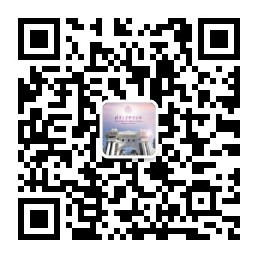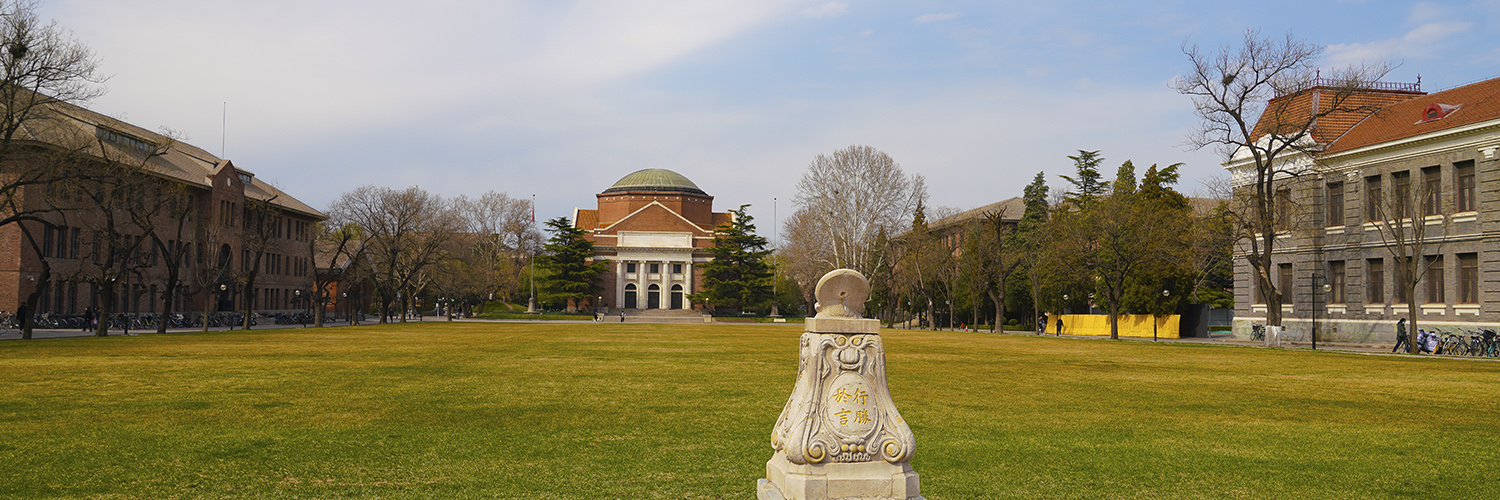2024年3月6日上午,科学史系召开了第164期学术例会,报告人为科学史系副教授Alberto Bardi老师和21级博士生孙逸凡同学。
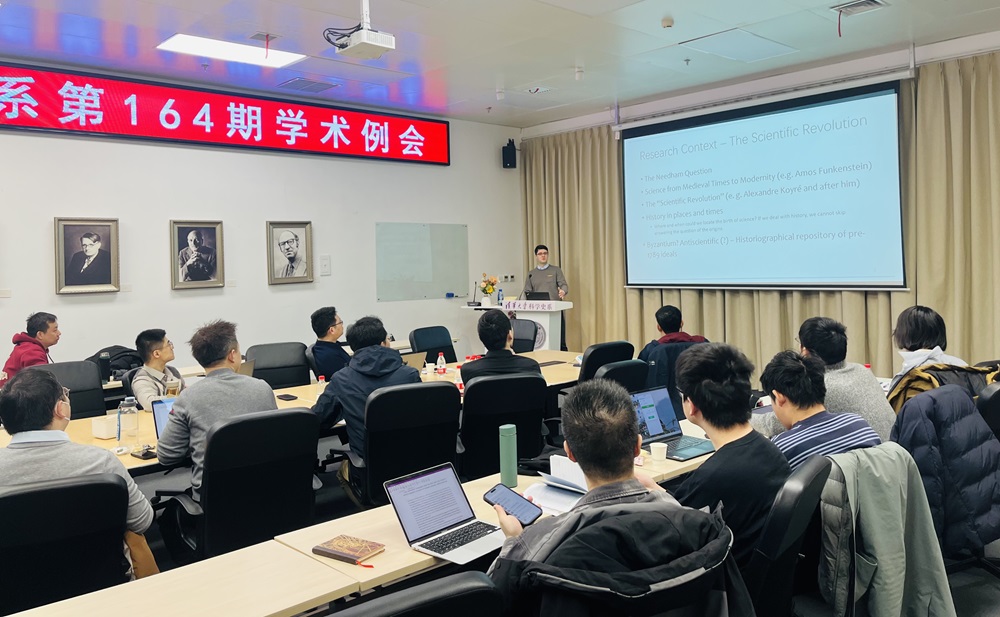
Alberto Bardi gave a talk on the topic “Why the scientific revolution did not happen in Byzantium.” He introduced his argument by recalling how in the twentieth and twenty-first centuries scholars often inquired why the scientific revolution occurred in Europe rather than in China, India, Africa, or the Ottoman Empire, and how cross-cultural and global histories are reshaping this way of historical research. However, Byzantium, often considered an era of antiscientific thought, is still less-explored.
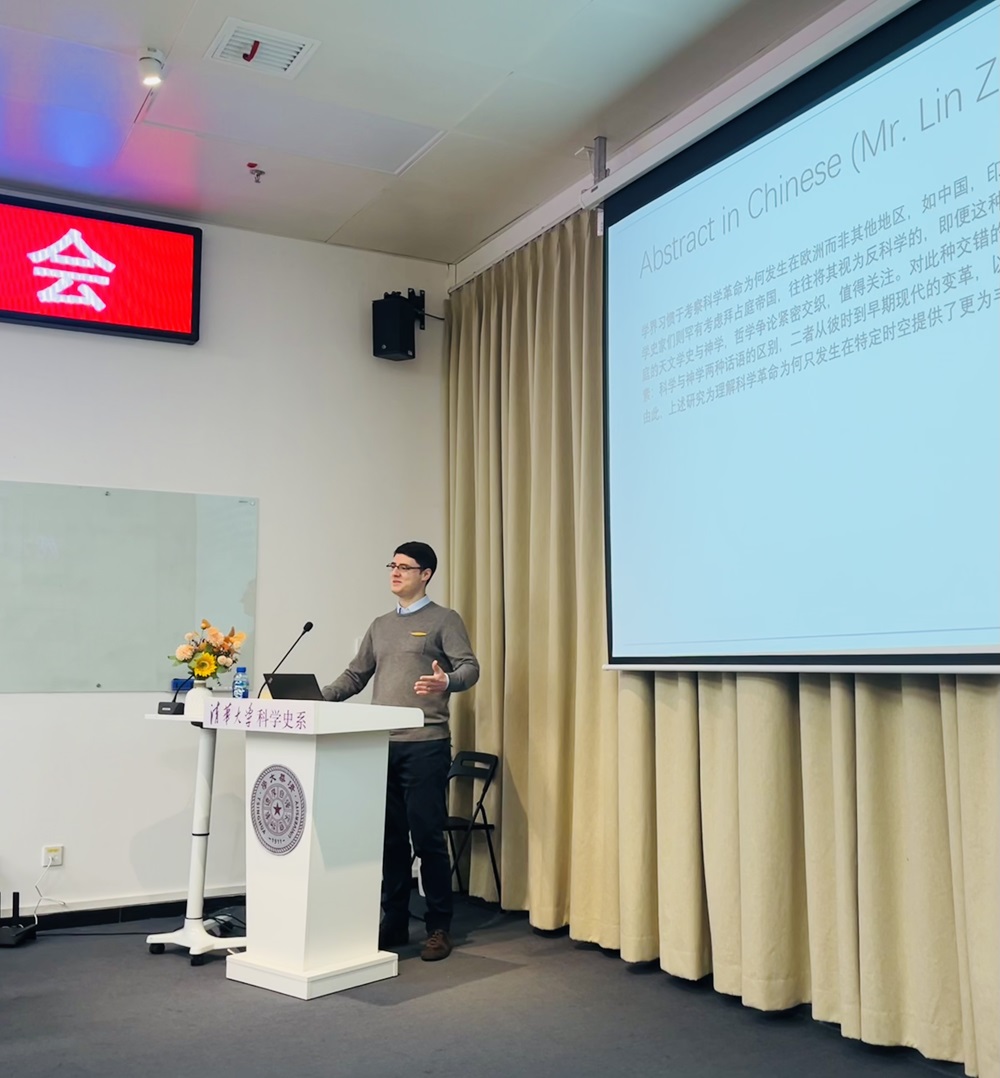
The talk focused on the intertwining of the history of astronomy in fourteenth-century Byzantium with theological and philosophical controversies which shaped that era. His exploration of this intersection revealed new historical factors for understanding the distinctions between scientific and theological discourses, their evolution during the transition to early modern times, and the divergent historical trajectories of science in the realms of the Eastern and Western Europe. Professor and students generously shared their doubts, questions, and remarks, alongside elements for further compare the evolution of science between Eastern and Western Europe. All in all, the seminar offered a richer framework for discussing why the scientific revolution occurred in specific times and places rather than others.
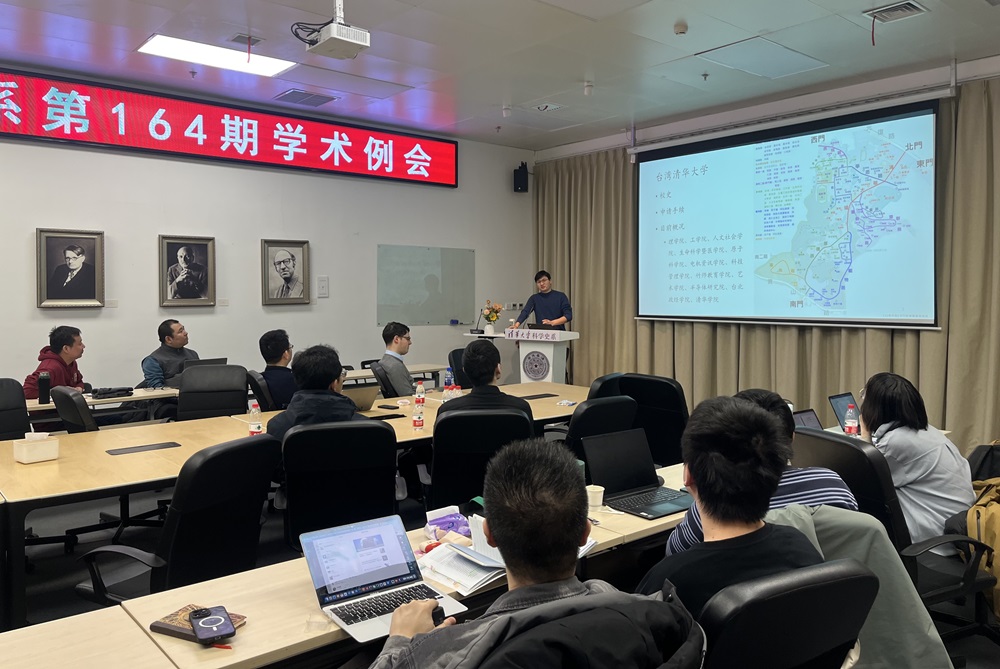
孙逸凡同学就台湾清华大学交换经历进行了分享。报告人对台湾清华大学的校史、目前的院系概况、申请交换的手续和新竹清华大学的校园风景做了简介,然后叙述自己在台湾的上课与参会情况。其中修课内容包括《科学史导论》、《e考据与历史研究》以及《技术图像史》,参会情况包括“中研院”的学术讲座“科举与疾病”、“东亚科学技术史中的图像”国际研讨会、“物质流动与知识传播”学术工作坊三项活动,并在学术工作坊上做了“晚清电学书籍的传播阅读和器物接触”的主题演讲。其他活动还包括交换生见面会,给计划来大陆交换的台湾学生介绍大陆众多高校及相关地理风俗。最后报告人展示了一些台湾美景照片,如阿里山、日月潭、高美湿地等。
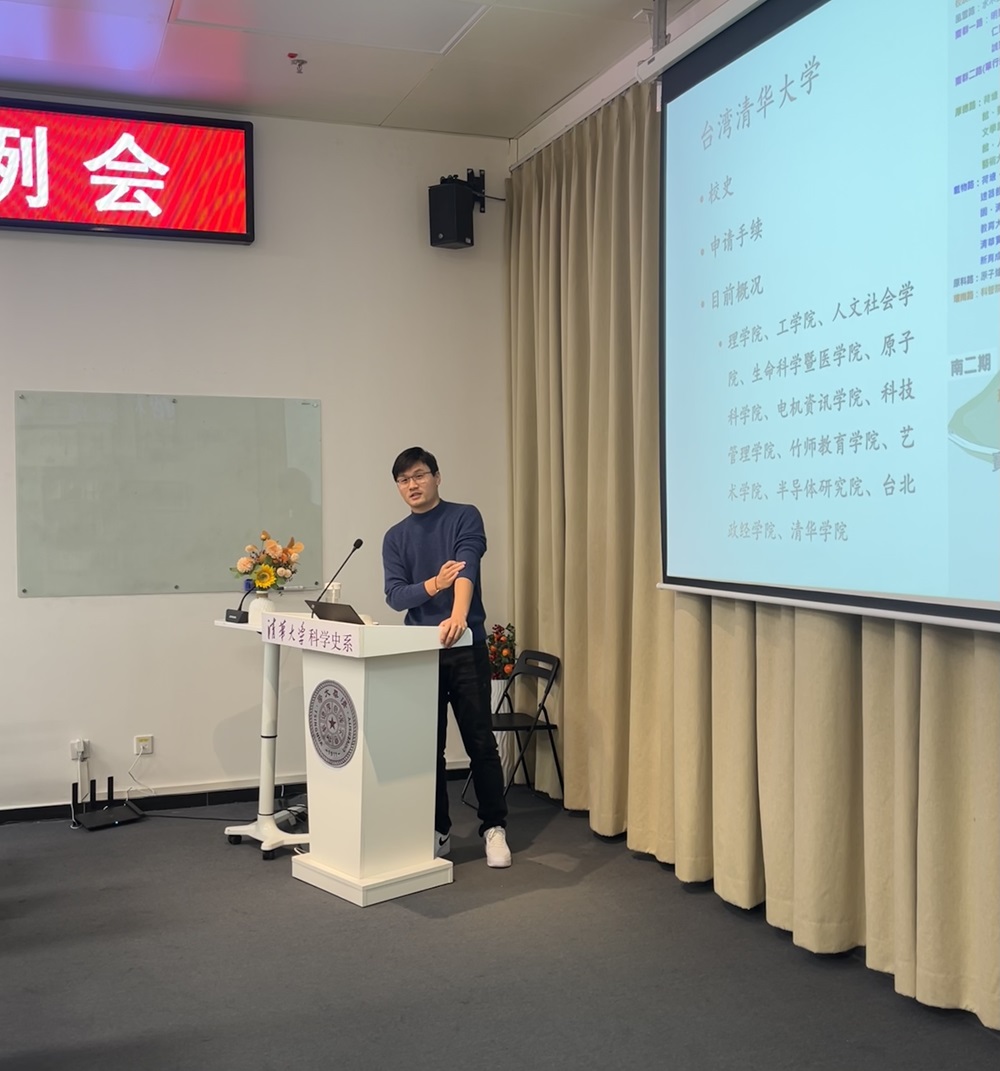
报告结束后,沈宇斌老师就e考据的方法步骤、实践情况,和报告人进行了进一步探讨,蒋澈老师就技术图像史课程上课方式和大纲进行了讨论,刘骁老师提问台湾档案馆的开放情况,刘年凯老师对台湾学界研究科学仪器史的情况进行了提问,鲁博林老师就交换生的人数和两岸交流情况进行了提问,孟昊宇同学提问课程的学习形式和学习压力如何,其他老师和同学也就各自感兴趣的话题和报告人进行了交流互动。
